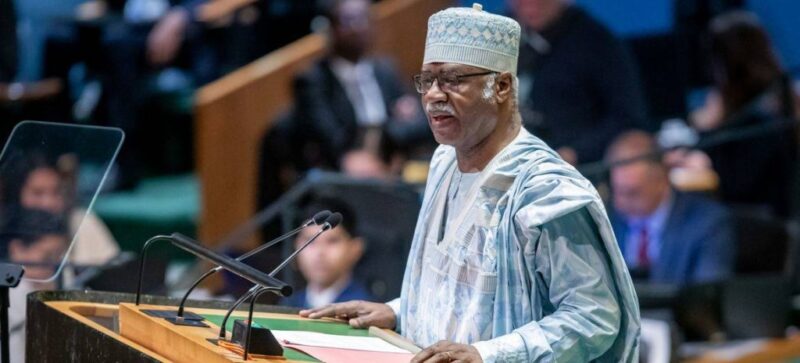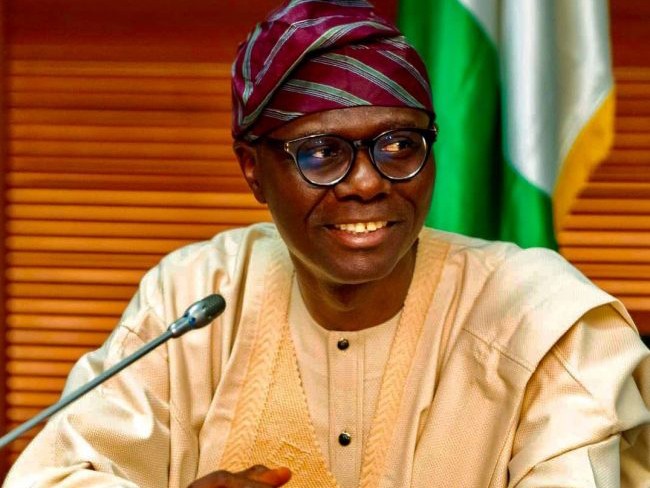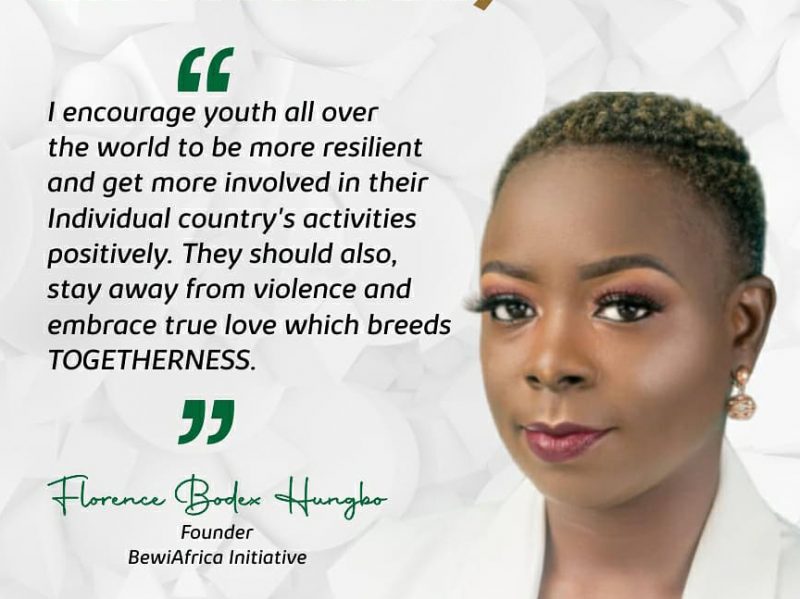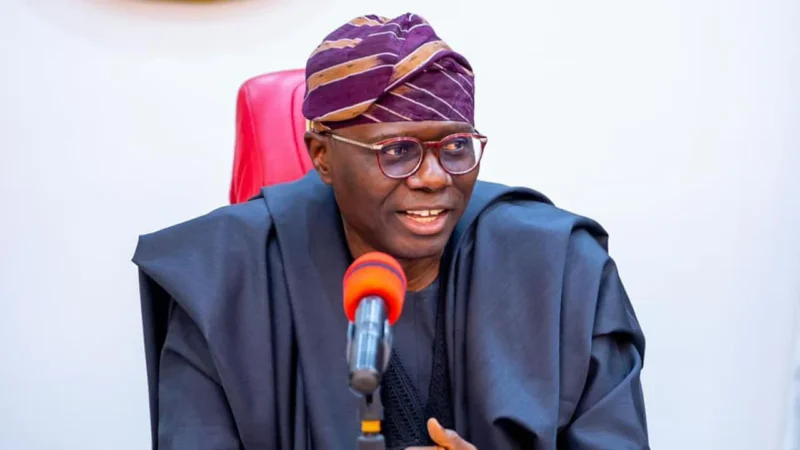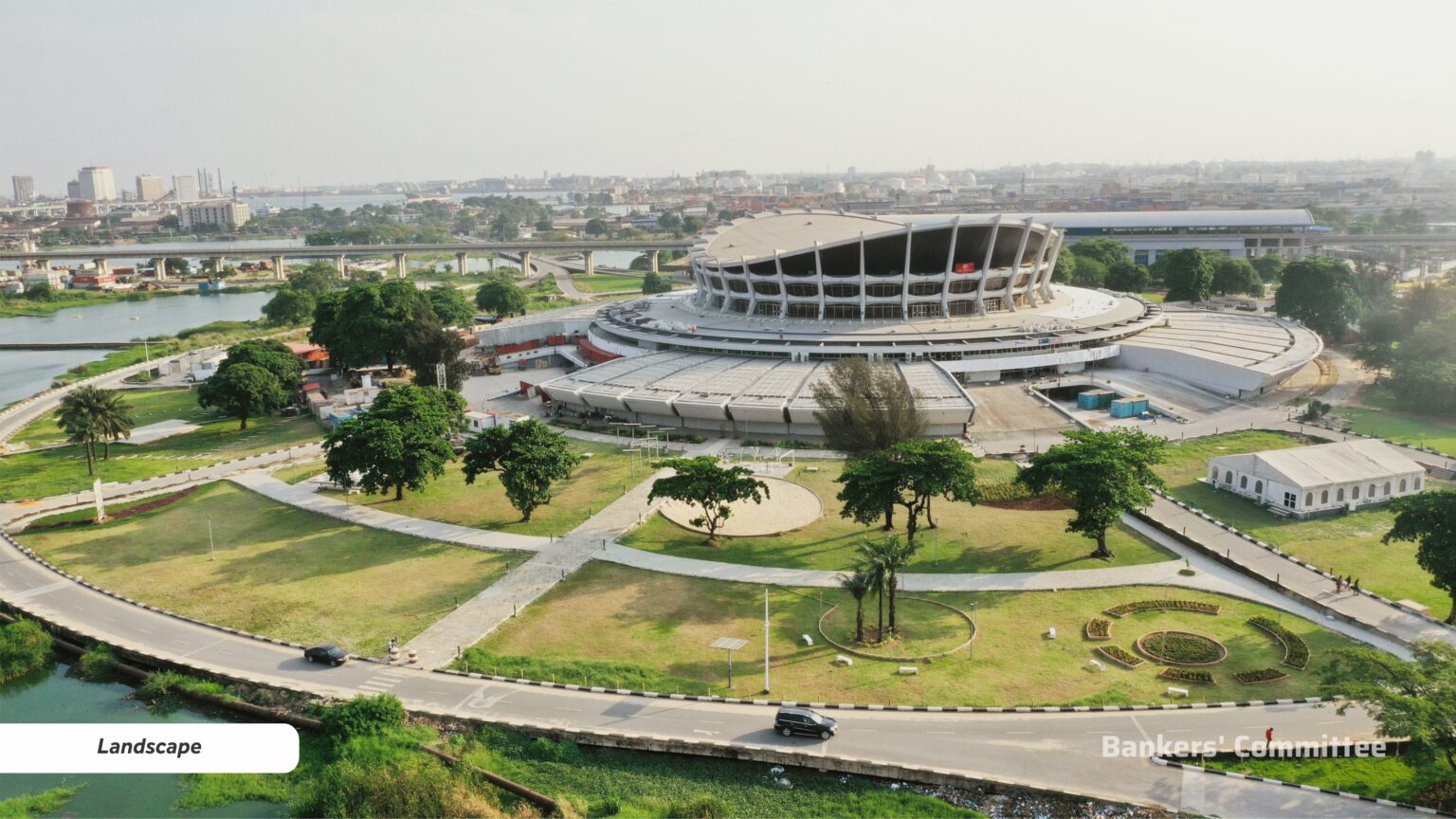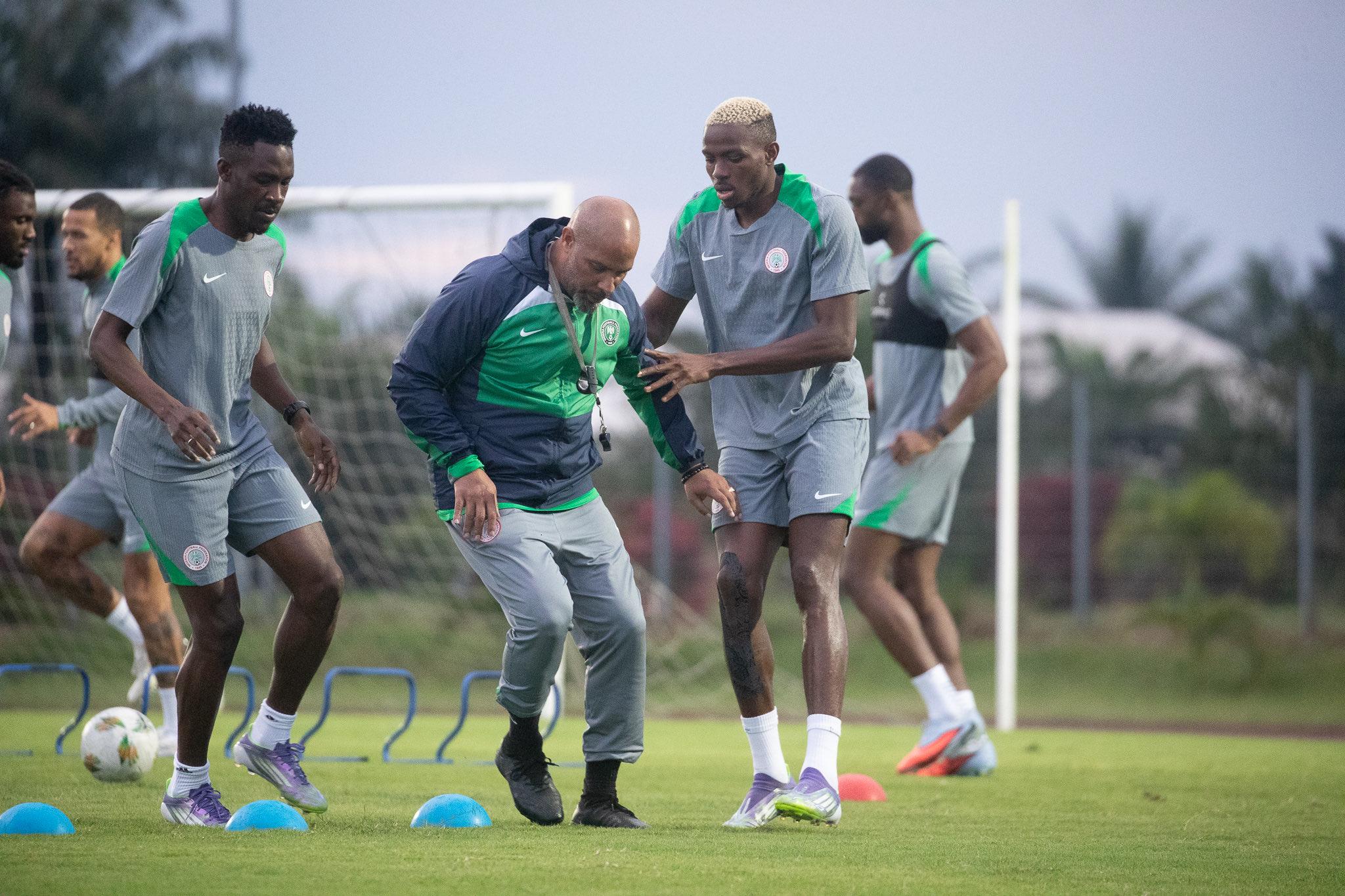UNGA President Philémon Yang highlights Africa’s need for $194 billion annually to meet the SDGs by 2030, urging global support for reforms.
[dropcap]A[/dropcap]t the 79th session of the United Nations General Assembly (UNGA), held at the UN headquarters in New York, President Philémon Yang emphasised the urgent need for international cooperation to meet Africa’s development targets.
He stressed that Africa requires an additional $194 billion each year to achieve the Sustainable Development Goals (SDGs) by 2030, underscoring the importance of systemic reforms and global support.
Also read: AVCA holds second Sustainable Investing in Africa Summit in London
In his address during a joint debate on the New Partnership for Africa’s Development (NEPAD), Yang highlighted the continent’s vast potential and resources.
However, he also pointed to critical challenges such as electricity shortages and food insecurity, which continue to hamper development across Africa.
He stated that Africa’s current financial challenges, including a staggering $1.6 trillion development financing gap, are exacerbated by debt distress and an inequitable global financial system.
Yang discussed the African Union’s (AU) Agenda 2063 alongside the UN’s SDGs, remarking, “There has never been a better time to accelerate progress towards peace, prosperity, and sustainable development.”
He lauded Africa’s economic resilience, citing projections of sub-Saharan Africa’s growth from 2.6% in 2023 to 3.8% by 2025, but stressed the importance of overcoming structural financial issues.
The UNGA president argued that the current global financial framework disproportionately burdens developing nations with high interest rates and debt servicing, diverting resources from critical investments in resilience, infrastructure, and social services.
Yang called for reforming the financial system to support sustainable development and prioritise investments in Africa’s future.
Beyond financial issues, Yang also addressed peace and political stability, noting that conflicts in countries like Sudan and Somalia pose significant barriers to development.
He emphasised the need for legal and societal reforms to promote justice, equality, and the rule of law, as essential components of a comprehensive strategy for peace.
Yang concluded by calling on the global community to recognise and invest in Africa’s “untapped ingenuity,” particularly its growing working-age population, which could drive transformative development.
He urged improved financial management, stronger domestic resource mobilisation, and the use of debt as a tool for sustainable growth.
Reaffirming his commitment to keeping Africa’s development at the forefront of the UNGA’s agenda, Yang declared, “Africa must continue to rise” in its pursuit of peace and prosperity.


